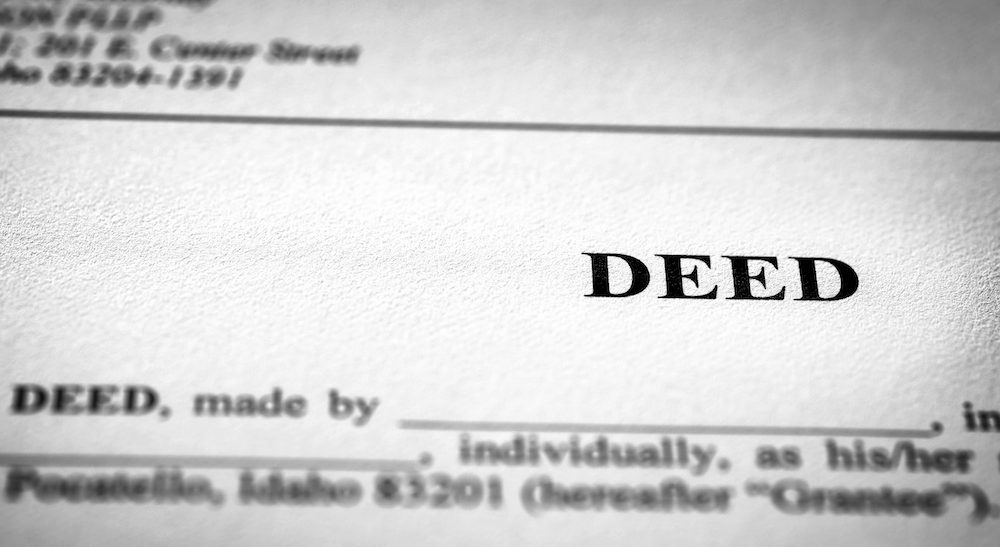To Deed or Not to Deed? What You Need to Know About the Difference Between Deeds and Agreements

Is it a deed? Or is it an agreement? And does it even matter?
Clients often come to us confused by contracts, dumbfounded by deeds and anxious about agreements.
We completely get why you may be baffled. English contract law isn’t exactly written in the same language as your business (and our business) speak.
The terms ‘deed’ and ‘agreement’ are often used interchangeably, but they’re not the same thing.
Basically, deeds and agreements are both types of contacts, but they have different requirements and effects.
As getting the right contracts in place is key to help you do business more efficiently, here’s the down-low on deeds, agreements and the difference between them.
What is a deed?
A deed is a special type of binding promise or commitment to do something.
Deeds are serious contracts that must be ‘executed’, and they are traditionally ‘sealed’ and ‘delivered’: they have a grand medieval type of character and language.
We like to think of it in the sense that deeds have a special type of ritual or process, and therefore in today’s commercial world, they are used to convey the most serious legal interests.
To be legally enforceable, a deed has to be ‘executed’- that means it must:
✓ Be in writing
✓ Be signed
✓ Be witnessed
✓ Be delivered to the other party (or parties)
✓ Say that it is a deed (or words to that effect)
What is an agreement?
An agreement is another type of contract that businesses can use for transactions.
To be a legally binding agreement, there must be:
✓ Offer and acceptance: One party must state the terms of the agreement, and the other party must agree to the exact conditions.
✓ An intention to be legally bound: Both parties must make clear that they want the agreement to have legal consequences.
✓ Consideration: This is a lawyer’s fancy way of saying that there must either be a payment, money passed between the parties, or something of value given.
What is the difference?
The 3 main practical differences between deeds and agreements that your business should be aware of are:
#1: Writing:
Deeds must be written, unlike agreements which may be verbally agreed between the parties and still be legally enforceable.
#2: Consideration:
Something of value must pass between the parties to an agreement, but a deed has no such requirement of consideration.
When using a deed, there is no need for consideration due to the strict formalities and the underlying idea that a deed is the most serious expression to be legally bound.
#3: Limitation Periods
Contracts are not there to be broken, but sometimes business doesn’t always go to plan.
If you have an agreement that has been breached, contract claims must be brought within 6 years.
For broken deeds, you have 12 years to take action against any breaches of contract.
Ultimately, whether you need a deed or agreement depends on the specific circumstances of your deal. As always, we’re here to help.







